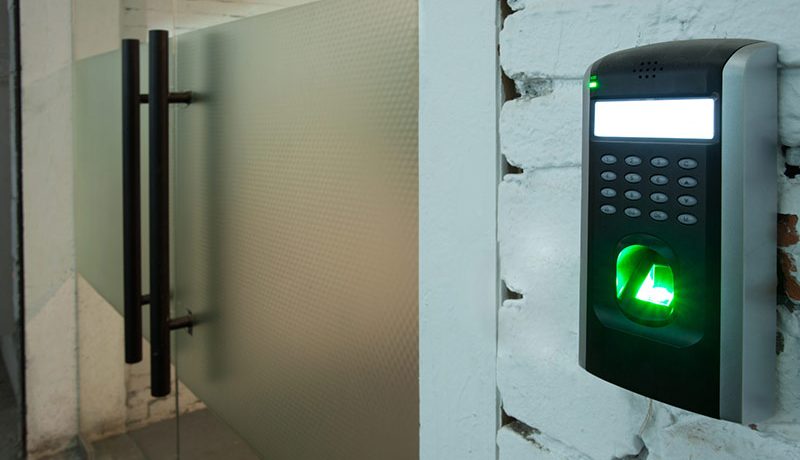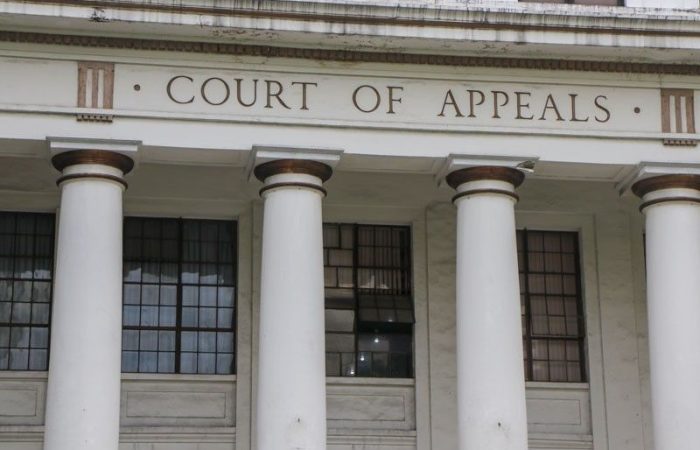By Charles Michael Fulton
Many people in the metro-DC area have security clearances. When a legal issue arises, they are rightfully concerned about the impact on their security clearance and the corresponding impact on their careers. Like most legal questions, the answer is it depends—that is to say, it depends on your particular legal issue and the underlying facts. To give you some background on how we’d answer your question, however, this blog post will discuss the relevant portions of the Adjudicative Guidelines for Determining Eligibility for Access to Classified Information, 32 C.F.R. § 147 (2021), (the “Adjudicative Guidelines”).
The Adjudicative Guidelines list thirteen Guidelines outlining areas of concern for agency supervisors to apply to both initial and continuing eligibility for access to classified information. Each Guideline is assigned a letter from A to M. The first three Guidelines, A to C, along with Guideline L, deal with allegiance to the United States and foreign influences, including in activities outside of employment—generally not areas with which our clients are concerned. See 32 C.F.R. § 147.3–.5, .14 (2021). Guideline I outlines areas of concern relating to emotional, mental, and personality disorders. See 32 C.F.R. § 147.11 (2021).
For criminal issues, the analysis starts with Guideline J, entitled Criminal conduct. See 32 C.F.R. § 147.12 (2021). Guideline J is primarily concerned with a “serious” crime, but multiple “lesser” offenses can also be a basis for disqualification. 32 C.F.R. § 147.12(b)(2) (2021). It’s unclear whether the distinction between “serious” and “lesser” offenses follows the distinction between a felony and a misdemeanor—but the felony/misdemeanor distinction is probably a good rule of thumb. Note that, in Guideline J, agency supervisors are directed to consider allegations and admissions of criminal conduct, not just criminal charges. 32 C.F.R. § 147.12(b)(1) (2021).
As an example, assume you’ve been charged with reckless driving in Virginia. In Virginia, among other things, reckless driving is driving either twenty miles over the speed limit or over eighty-five miles per hour. Va. Code Ann. § 46.2-862. Reckless driving is a first-degree criminal misdemeanor. Va. Code Ann. § 46.2-868(a). First-degree criminal misdemeanors are subject to jail time of no more than twelve months and/or a fine of no more than $2,500.00. Va. Code Ann. § 18.2-11(a).
Applying the distinction between a felony and a misdemeanor, a single count of reckless driving in Virginia may not be sufficiently serious for an agency supervisor to revoke your security clearance. If this is your second or third reckless driving charge, however, it does provide a stronger basis for an agency supervisor to revoke a security clearance.
Fortunately, Guideline J provides some instructions on facts that could reduce a supervisor’s concern for serious or multiple lessor criminal offenses. Specifically, Guideline J instructs a supervisor to consider whether the alleged criminal behavior was in the past; was isolated; resulted from pressure or coercion; or was involuntary. 32 C.F.R. § 147.12(c)(1)–(4) (2021). Additionally, Guideline J instruct supervisors to consider whether the applicant was acquitted on the alleged criminal charges or whether there was “clear evidence of successful rehabilitation.” 32 C.F.R. § 147.12(c)(5)–(6) (2021).
For these reasons, if you’re accused of reckless driving in Virginia, and you don’t need to attend driving school to resolve the charge, you could “save” driving school until the second such charge. Driving school may help you avoid the second conviction for reckless driving—and, if it does not, it may be evidence of rehabilitation. To prove that the rehabilitation was successful, however, you may want to reconsider driving over the speed limit—or to trade in your sports car for a mini van!
Additionally, several other Guidelines can factor into a criminal issue analysis. For example, are Guideline D directs agencies to consider the sexual behavior of an applicant—and first on the list is sexual behavior of a criminal nature. 32 C.F.R. § 147.6(a) (2021). You should consider these guidelines focusing on individual criminal behavior as well as Guideline J when you’re evaluating the effect of an allegedly criminal act on your security clearance.
These are just basic examples of how criminal allegations may affect your security clearance. A proper evaluation will require a fuller discussion of your facts and circumstances. If you have questions about how criminal allegations may impact your security clearance, please contact Steven Krieger Law, PLLC for a consultation on the matter.
This blog post on how a criminal allegation may affect your security clearance is part of a series of blog posts on how legal matters may affect a security clearance. For information on how a family law matter may affect your security clearance, click here. For information on how a civil matter may affect your security clearance, click here.





I need to collect back debt from my ex-husband for spousal support. The divorce was 2008